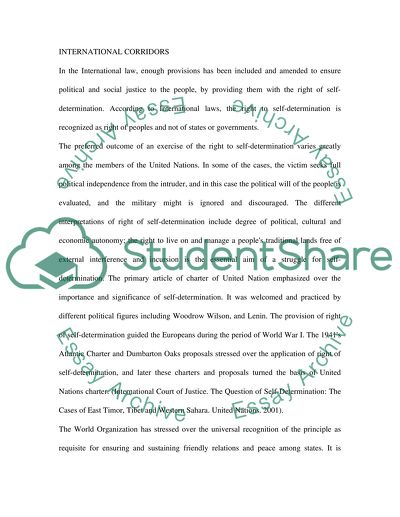Cite this document
(“International Human Rights from a Legal Perspective Essay”, n.d.)
International Human Rights from a Legal Perspective Essay. Retrieved from https://studentshare.org/law/1533898-international-human-rights-from-a-legal-perspective
International Human Rights from a Legal Perspective Essay. Retrieved from https://studentshare.org/law/1533898-international-human-rights-from-a-legal-perspective
(International Human Rights from a Legal Perspective Essay)
International Human Rights from a Legal Perspective Essay. https://studentshare.org/law/1533898-international-human-rights-from-a-legal-perspective.
International Human Rights from a Legal Perspective Essay. https://studentshare.org/law/1533898-international-human-rights-from-a-legal-perspective.
“International Human Rights from a Legal Perspective Essay”, n.d. https://studentshare.org/law/1533898-international-human-rights-from-a-legal-perspective.


